Smallville was one of the most beloved television series that the DC Universe has ever made, and many of the decisions that were seen as controversial during its release have since aged spectacularly well. Even during the worst of Smallville's ranked seasons, the show made some daring choices with the Superman mythos that wound up being for the best. Looking back at many of the details that the show explored in unusual ways, it is surprising how well many of these choices have aged.
Smallville set the template not just for Superman stories in the 21st century, but for an interconnected DC Universe as a whole. While some DC characters were wasted in Smallville, many others were used with precision and contributed to the show's overall narrative. With a new Superman upcoming in the DCU and set to face many of the same challenges as his predecessors, it is especially worth looking back on Smallville and how so many of its surprising choices actually contributed to an incredible final result.
10 Writing Off Some Of The Best Characters, Including Lex And Lana
While The Departures Were Hard On Viewers, They Were The Right Decision
Shockingly, the choice to have many excellent characters leave Smallville early wound up being the right one for the show. While characters like Pete Ross leaving Smallville were jarring for the cast, crew, and audience, it went to show that the series was willing to change and evolve throughout the years. This was especially true for characters like Lex and Lana - who left after season 7 - allowing the show to evolve.
Clark needed to work toward a relationship with Lois, as well as a direct antagonism with Lex, and neither of these could occur with the shape of the show as it was. Writing off these characters when their stories were at an end, just as with Supergirl, Doomsday, John Glover's Lionel and more leaving Smallville throughout its run, helped to make the show develop and evolve and feel more cumulative by its end as a full story.
9 Building A Superman Universe Rather Than A DC Universe
Smallville Was Only One Show, Not An Entire Constellation
The weight of shared universes has become an integral part of superhero storytelling, but this was not the case with Smallville, and that helped to make its story feel important unto itself. The series tried to launch some interconnected series, with Alan Ritchson being recast for an Aquaman pilot, but none of these ever went to series. These potential spinoffs could have made Smallville's story of Clark seem less important to the larger DC Universe.
Fortunately, Smallville remained separate, although it did seed in many DC characters throughout its run. A version of the Justice League even appeared in later seasons, although this was done in a compelling and fun way that centered around Clark's personal story. The additional characters were well done, but essentially worked as bonuses to the show, not as important figures and stories unto themselves.
8 Framing Lex Luthor As A Contemporary To Clark Kent
Lex Luthor Has Had A Number Of Very Different Incarnations
When Smallville was released, perhaps the most well-known live-action iteration of Lex Luthor was the Gene Hackman version from the Christopher Reeve films. In those movies, Luthor is a brilliant, comical, scheming crook, who spends most of his time in hiding or in prison. Rather than following this track, Smallville's Luthor borrowed from some of the comics and linked Luthor's origin as a villain to Clark's youth.
Making Clark and Lex friends helped to create one of the best live-action portrayals of Luthor yet. Rosenbaum's version of the character was complex and empathetic, even if the seeds of his future villainy could be seen throughout the series. Seeding the character so early in Superman's story helped to make a relatable and interesting foe that has since gone on to inspire further incarnations of the hero, including Nicholas Hoult's upcoming take in Superman.
7 Bringing In Rising Star Jensen Ackles To Distance Clark And Lana
Lana Needed To Have Other Romances If Clark Was Ever To Be With Lois
Jensen Ackles was becoming a big name when he was brought into Smallville in season 4 to play Lana Lang's boyfriend, Jason Teague. The character became a main character during the season, and his relationship with Lana was a focal point. Much of their dynamic went south later in the season, when Jason's more sinister motivations were made clear.
Like many other performers on the show, Jensen Ackles left Smallville early due to work on Supernatural. However, the character left an enormous imprint in the show, having worked to show Lana connecting deeply with another character. While Jason was proven to be a villain, it was compelling to see Lana connecting with somebody else throughout the season, and how that would go on to push her further away from Clark and allow his relationship with Lois to bloom.
6 Bringing In Margot Kidder And Christopher Reeve For Cameos
The Late Stars Of Superman Had Notable Appearances On Smallville
Christopher Reeve and Margot Kidder set the template for what a superhero movie could be with the 1978 release of Superman. In its following sequels, their relationship was a high point, with the two actors becoming highly esteemed for their respective work as Clark Kent and Lois Lane. It made sense at the time to bring the two in among other Smallville cameos for short roles in the series, with Reeve appearing in season 3 and Kidder appearing in season 4.
These cameos were notable at the time, but they have grown even more so after the passing of their performers. Christopher Reeve passed away in 2004, with Kidder's death following some time later in 2018. This makes their Smallville appearances important and historic, as the last time that either of the two Superman stars performed in any new superhero media.
5 Choosing To Abandon The Setup For A Clark And Chloe Relationship
A Romance Between Clark And Chloe Was Suggested From Season 1
From the beginning of the series, there was tension between Clark Kent and Chloe Sullivan. This was mostly one-sided, as Clark thought of the intrepid journalist as only his friend. Still, Chloe pined for Clark throughout the run of the series, reluctantly helping him to win over the heart of Lana Lang. For some time, Chloe watched from the sidelines, feeling dejected about not having Clark to herself.
None of this worked especially well for the show, and was a disservice to Chloe's character, who was interesting unto herself. With her connections to Metropolis and the world of journalism, Chloe was an interesting and original friend that did not need to have romantic tension with Clark. Fortunately, after playing with some of the tension through the years, Clark and Chloe moved into being simply friends, allowing Chloe to explore more interesting romances with characters like Jimmy Olsen.
4 Bringing In Oliver Queen, Which Set A Template For The Arrowverse
The Justice League On The Show Was Small But Set An Important Precedent
In the later seasons of the series, Clark was beginning to be integrated into a larger idea of what the DC universe could be. This nearly led to a Justice League spinoff with characters like Green Arrow and Aquaman. While it is for the best that this did not happen, as referenced earlier, the things that it did in building a larger universe helped to set a perfect precedent for how many significant heroes on television can inhabit the same world.
Without Smallville's Justice League, it's arguable that the Arrowverse would not have been what it was. Expanding a large world around a select few important characters was based on the structure and style of Smallville, leading into series like Arrow and The Flash. Expanding on what Smallville was, those later series iterated upon that which came before successfully and respectfully.
3 Allowing Whitney Fordman To Find Redemption
The Character Was Set Up To Be Hated, But Gave Him Room To Grow
When Smallville began, few characters were less likable than Whitney Fordman. The football player bullied Clark and played the archetype of a jock as the boyfriend to Lana Lang. However, as the show progressed, a more complex idea of Whitney was allowed to flourish, and his character started to be shown as someone more complicated and interesting. This made his relationship with Lana more engaging, and gave depth to both characters.
Sadly, the character of Whitney was eventually killed off-screen. However, his legacy and the type of story that he was able to have helped to show that there was great complexity in how Smallville gave attention to its characterization. Just as Lex was allowed to be a sympathetic figure, so too was Whitney - while originally a villain - able to be given growth, adding context to the larger world of Smallville through its entire run.
2 Keeping Batman Out Of The Show
The Dark Knight Was Rumored To Join Smallville's Cast Many Times
DC has done a lot of work keeping Batman off of the small screen and reserved for movies. Even Gotham only allowed the specter of Batman to be suggested later in its run, as the character had proven himself to be primarily a big-screen draw. The idea was that use of Batman on television could weaken his theatrical impact, which left ideas to bring Bruce Wayne to Smallville unrealized.
This was the right idea because of how it has allowed the character to flourish in cinema. Through The Dark Knight trilogy and other films, Batman has been able to grow into one of the most successful superheroes on the big screen. Using Batman in Smallville would have been fun - however, it would have inevitably weakened the significance of the character in Christopher Nolan’s concurrent trilogy. Despite what many may argue, The Flash's box office failure is a testament that there is such thing as an oversaturation of Batman, proving DC needs to be very careful with the character.
1 Not Showing Superman In Costume Until The Final Episode
The Show Was Called Smallville, Not Superman
While it was perhaps a little difficult to justify in its later seasons, Smallville saving Clark's total transformation into Superman for the very end of the series was the right choice. The tension for his heroic transformation was built throughout the show, and it closed with the appearance of the Superman emblem, setting the character up for a new chapter in his life. The Superman origin was therefore perfectly ended with the unveiling of his superhero identity, letting the series end with the character officially becoming the hero audiences know and love.
While this helped Smallville to build a legacy as a strong, independent prequel, it also left room for other Superman projects to adapt the character in interesting ways. Superman & Lois feels especially distinct from the series as a later look at Superman's life, which may have been complicated if Tom Welling had spent more of his show suited up and solving crime. Instead, Smallville's legacy remains intact as a wonderful and important very specific look at Clark Kent before Superman.
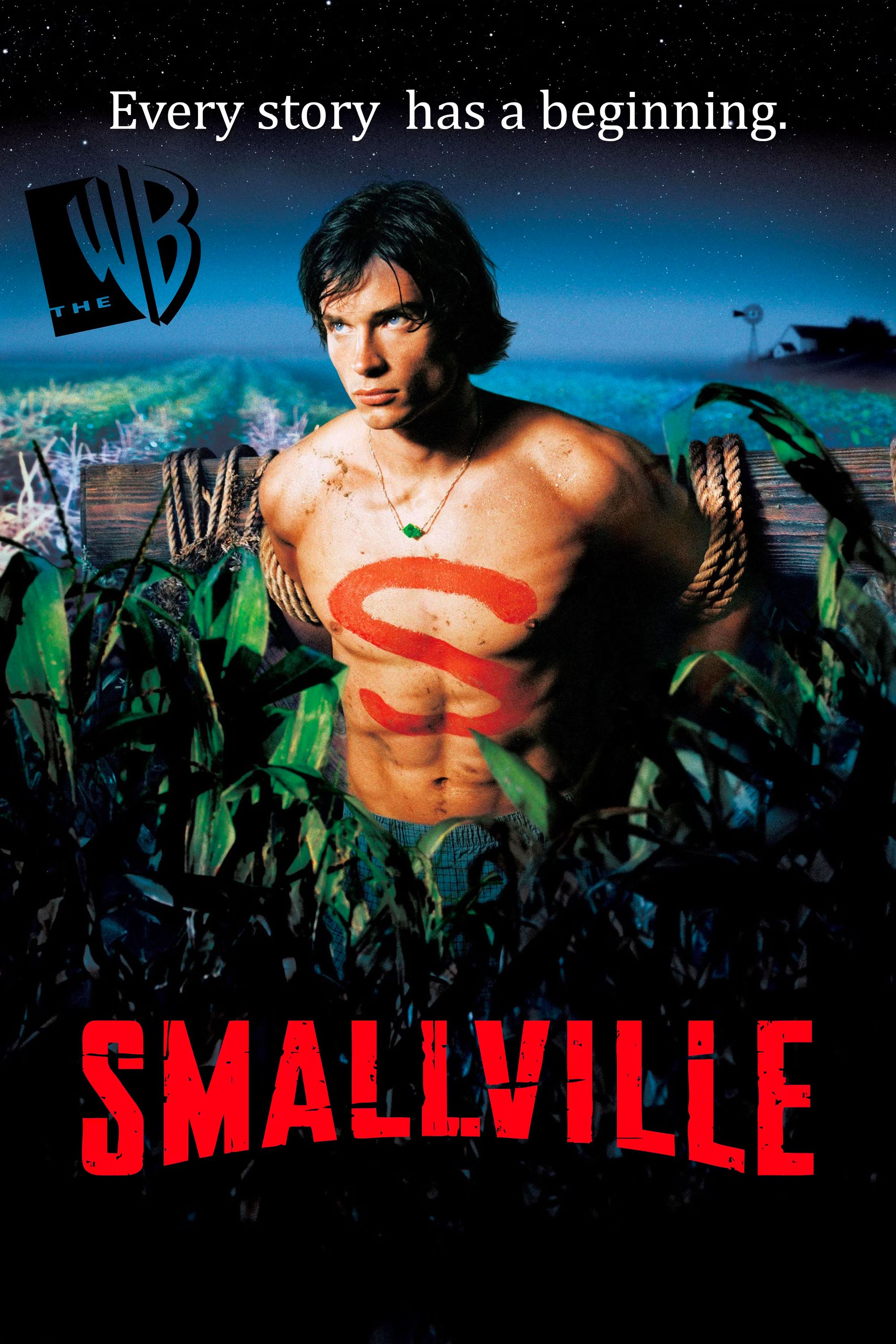
Your changes have been saved
Smallville is a Superhero television series based on the Superman Comic Book series created by Jerry Siegel and Joe Shuster. This television release was developed by Alfred Gough and Miles Millar. The premise revolves around a young Clark Kent as he arrives on Earth and attempts to live his life while simultaneously keeping his friends, family, and those around him safe thanks to his superpowers.
Release Date October 16, 2001
Upcoming DC Movie Releases
-
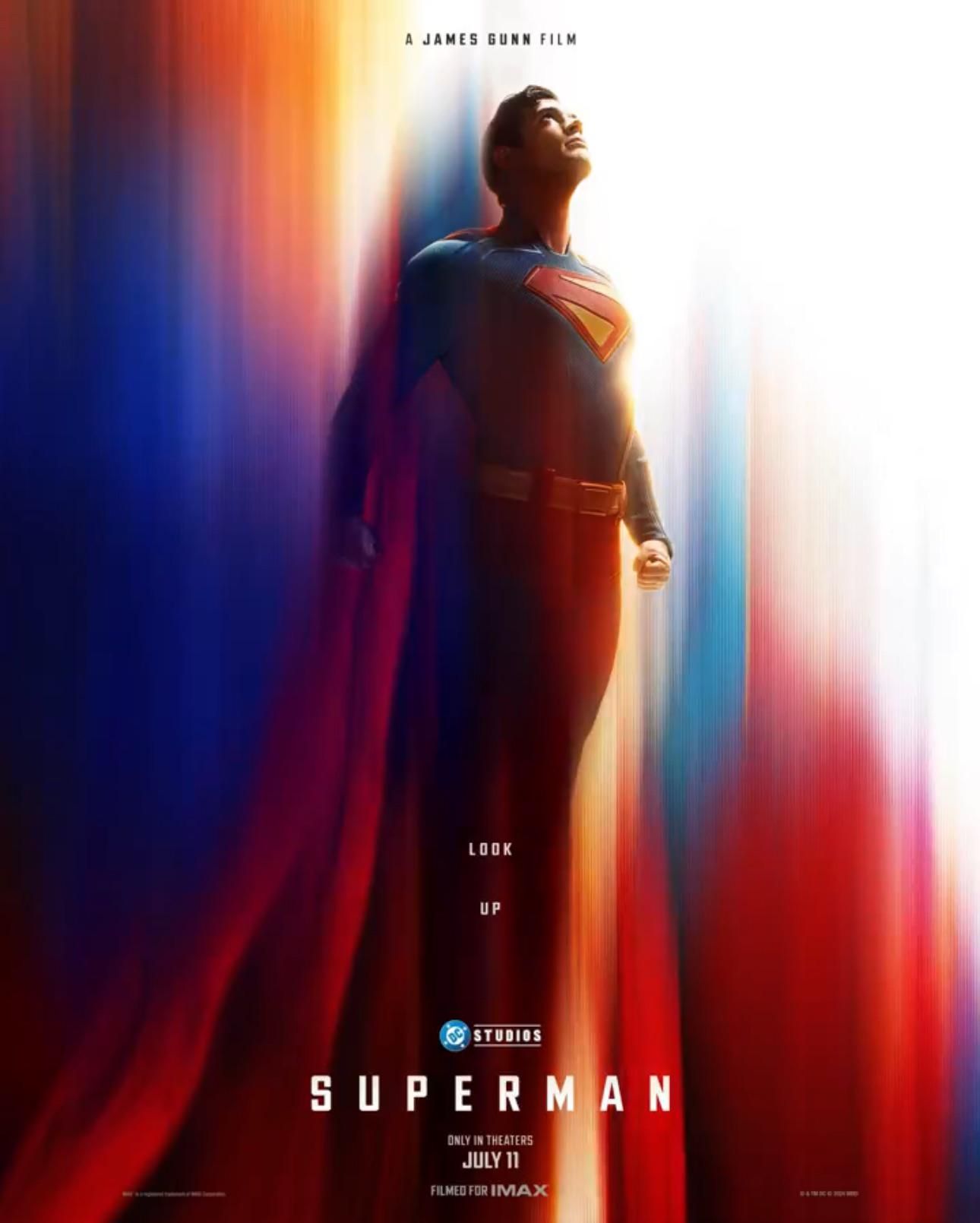
Release Date July 11, 2025
-
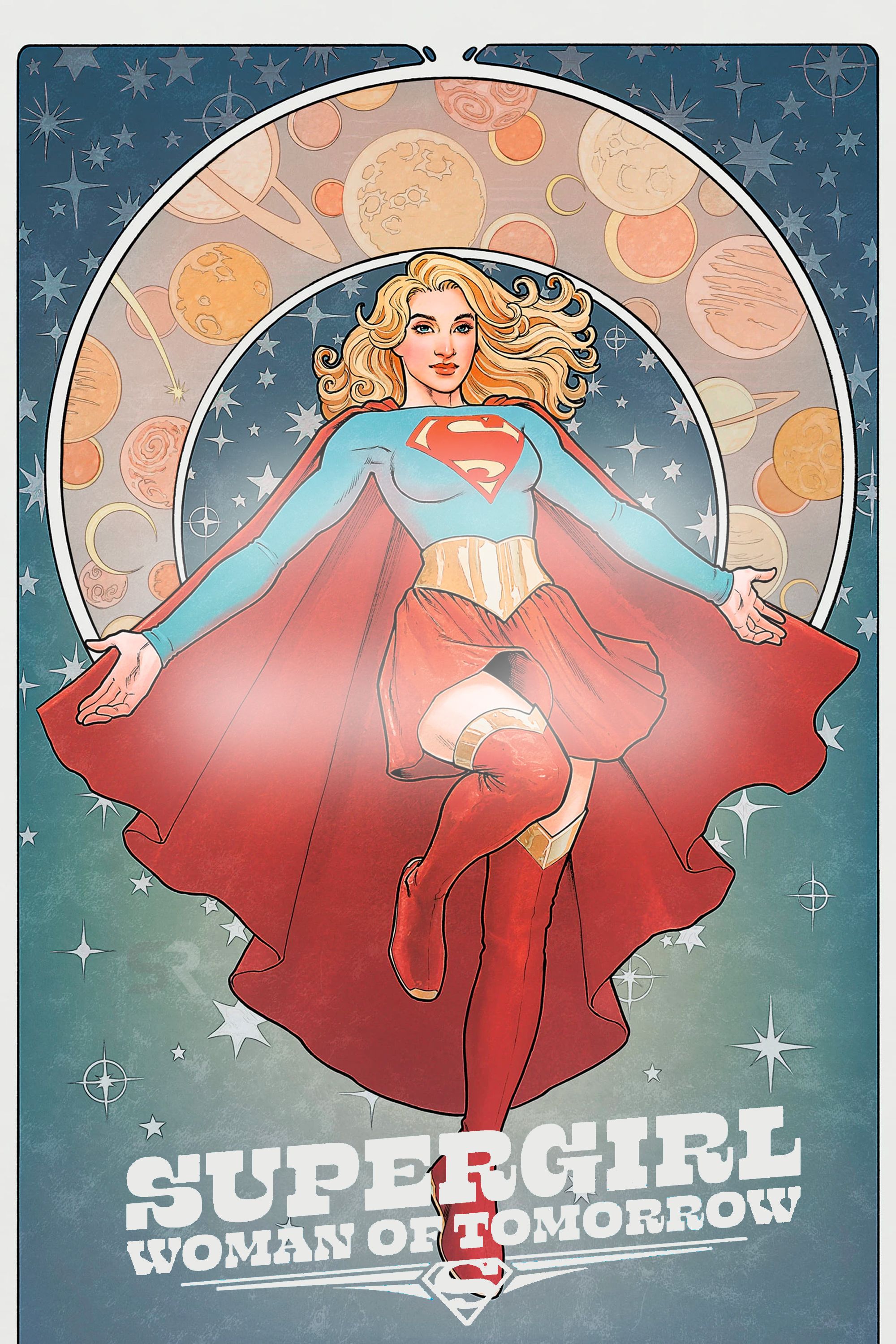
Release Date June 26, 2026
-
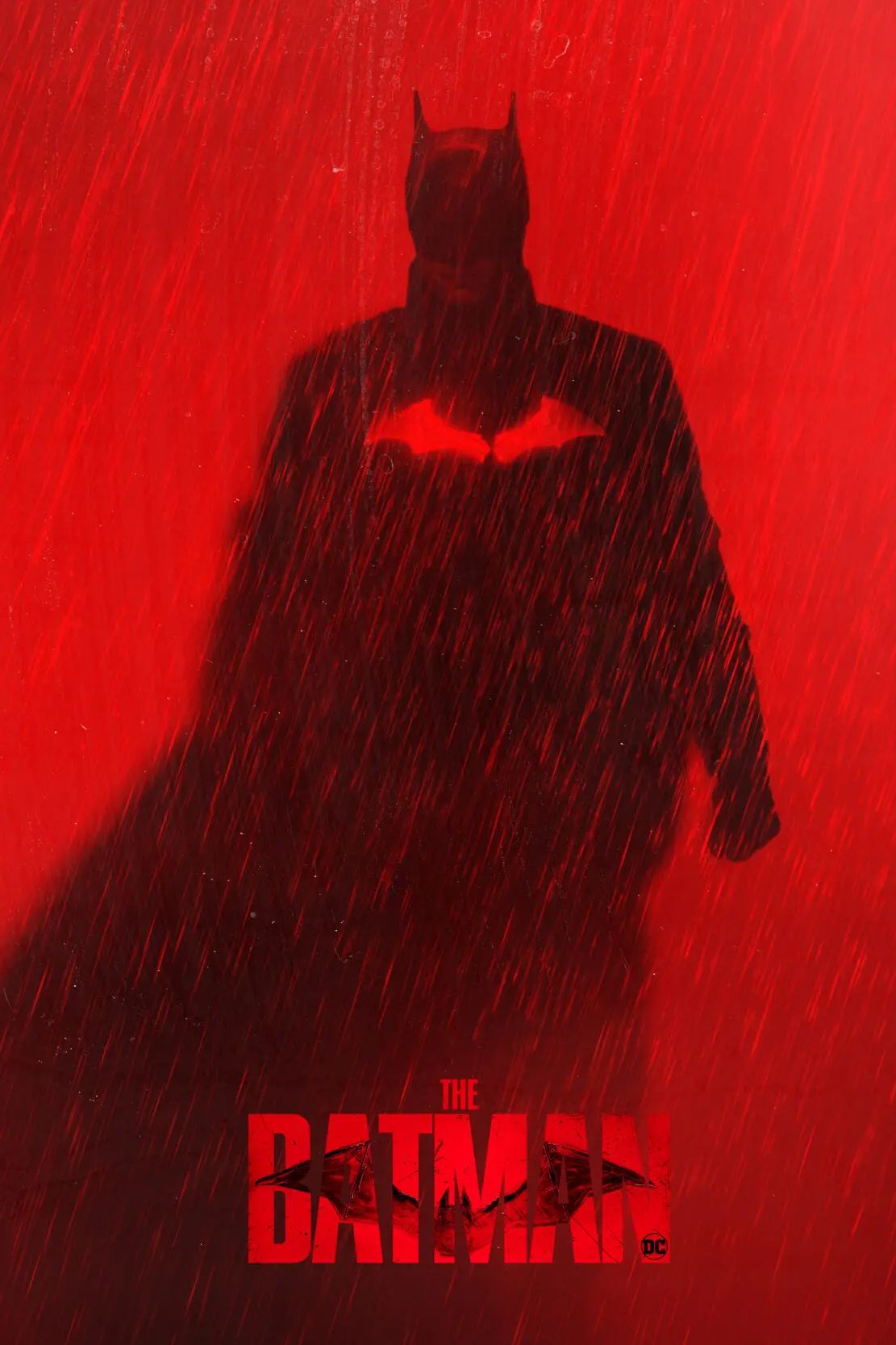
Release Date October 1, 2027


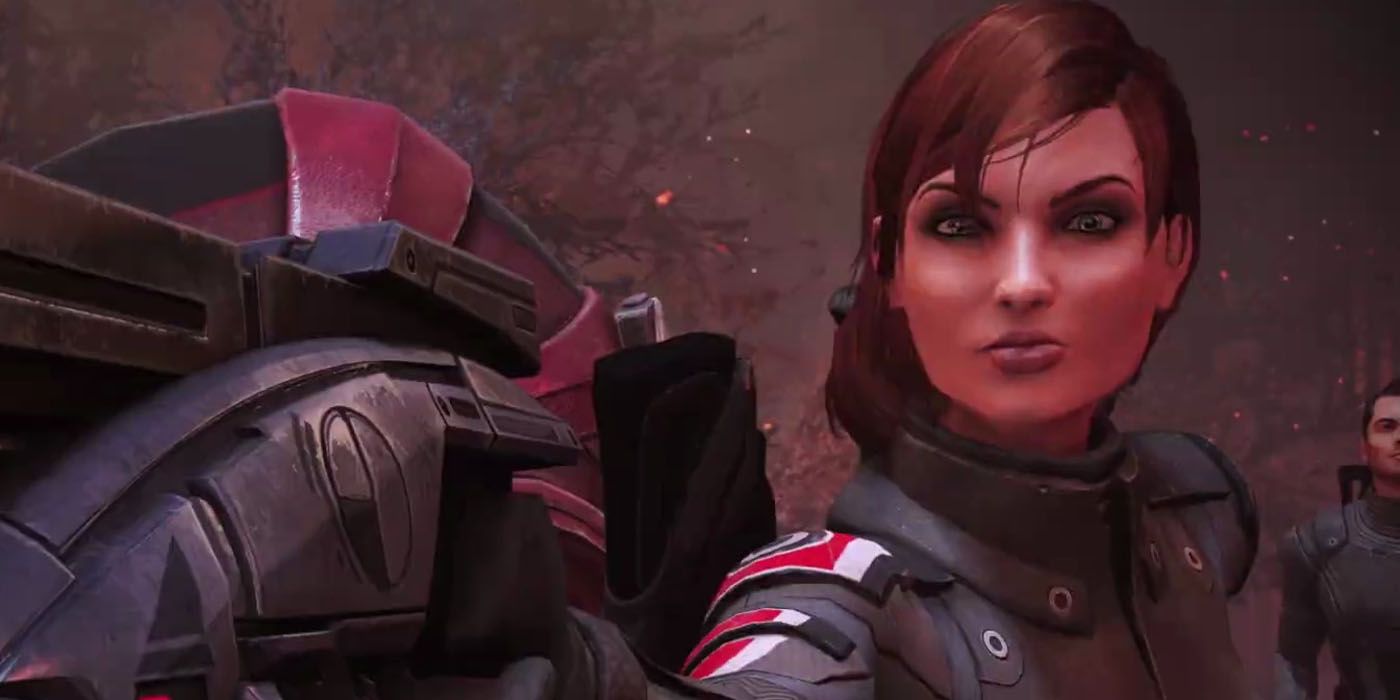
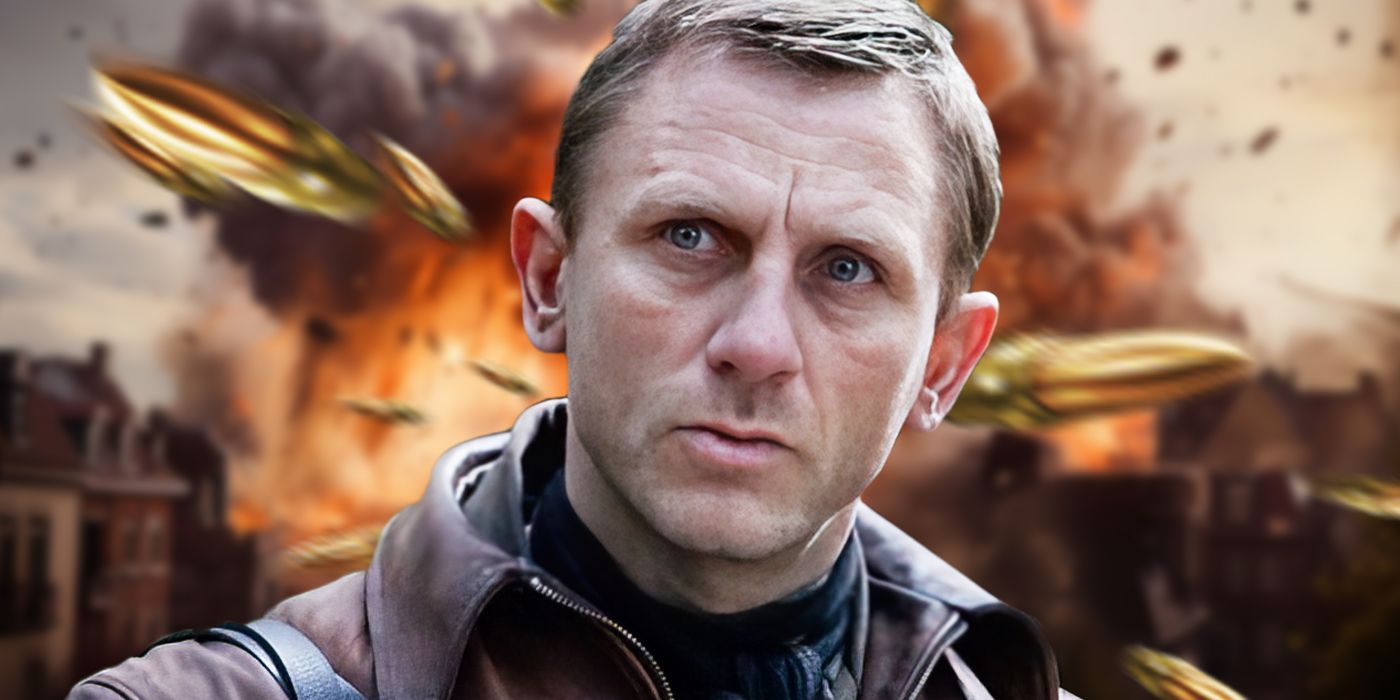




/cdn.vox-cdn.com/uploads/chorus_asset/file/25825874/fortnite_festival_multiplayer.png)
 English (US) ·
English (US) ·